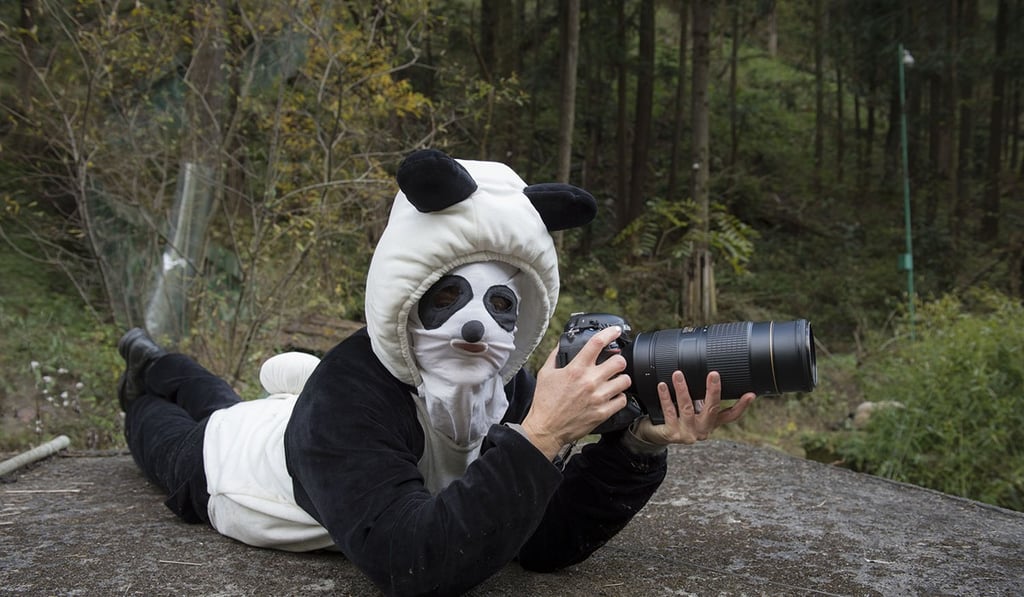From Kosovo and Kashmir to Kenya: how Ami Vitale went from war journalist to National Geographic photographer
- The American filmmaker and explorer is featured in the new film Women of Impact
- Although her focus has changed, she still searches for headlines beyond the front lines

The day the music died I was born in 1971. My three older siblings and I grew up in Florida. I was painfully shy, gawky and afraid of the world.
When I was seven, my dad died. It was very sudden. There had been a lot of laughter and joy in the house and then everything went quiet, my mother went into a shell and the music literally stopped. I loved playing the piano but after Dad died my piano lessons stopped. I was in the middle of learning a song and can still play the first few chords of it. My big dream is to get back to learning that song.
My sister, who was a year older, was the trailblazer. She was a great inspiration to me to just get out there and stop being afraid. She, and the fact that my dad died, really pushed me to want to live a little bit.

Finding a super power As a teenager, I was still very shy. I picked up a camera for the first time in high school, when I was about 14. I felt like Superwoman because it gave me these hidden powers. All of a sudden, I felt like I could be invisible. I stood behind the camera and people just let me in, it took the attention away from myself and allowed me to focus on other people and that was empowering. I realised that images and stories are powerful because they allow you to amplify other people’s voices.
Photography transcends language, culture, religion; it breaks through the artificial boundaries we put around ourselves. People look at an image and they feel something, those universal truths come through and that’s what got me engaged.
